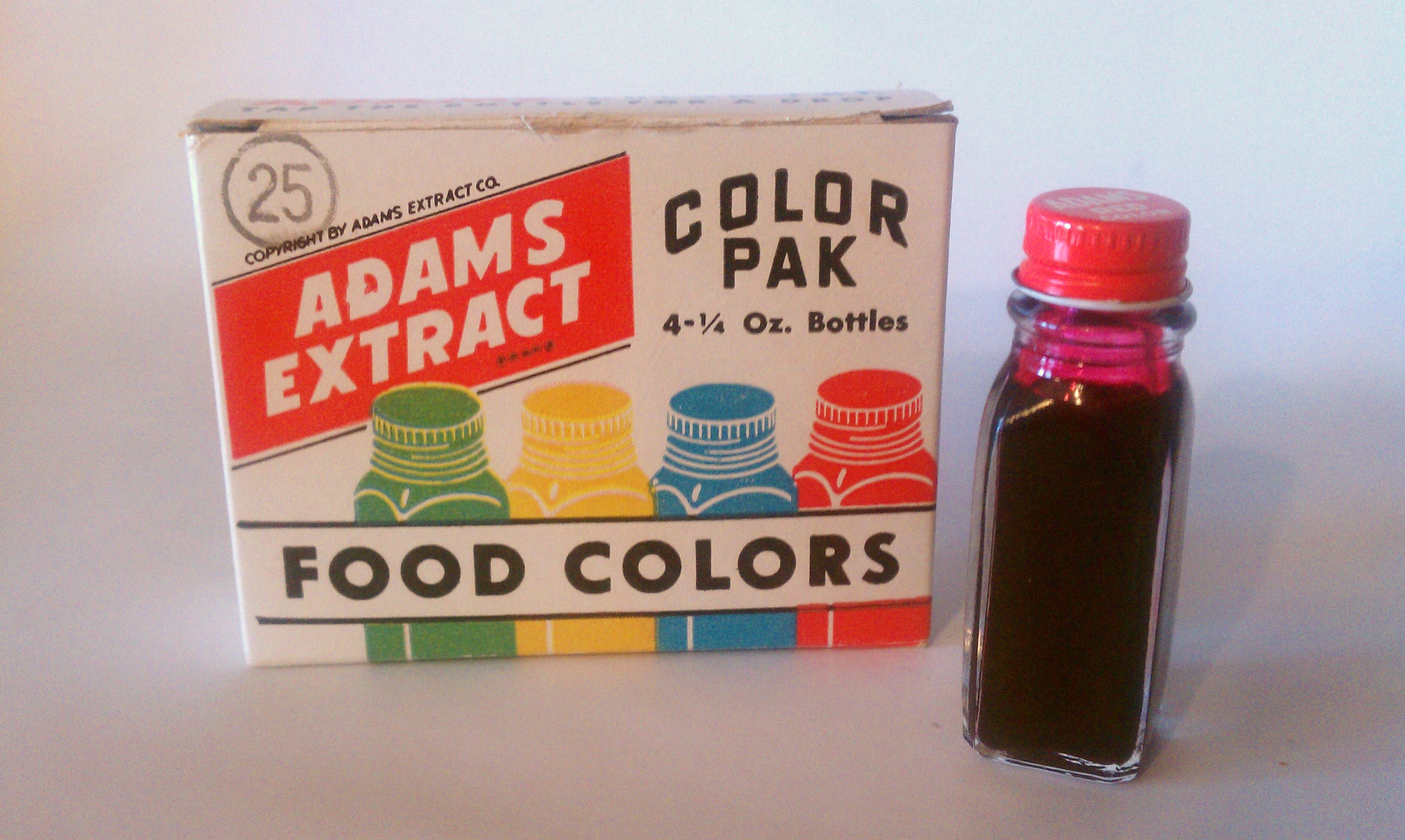Why parents should save umbilical cord blood and donate it

Once a baby has been born, some blood is retained by the placenta and the umbilical cord; this blood contains special cells that can be used for the treatment of certain serious illnesses and in some cases even cure them. It is possible to collect and store this blood; there are numerous private cord blood banking companies that allow parents to do this as insurance against their child or another family member developing one of these diseases in the future.
The American Academy of Pediatrics is very keen for parents to collect and store cord blood, but not through private companies: they are encouraging them to donate it to a public cord bank.
Cord blood holds hematopoietic stem cells. The cells can transform themselves into any type of blood cell and can be employed in transplants that can cure certain types of cancer, metabolic disease, immune deficiencies, and blood disorders. Research is coming up with more ways it can be used as a life-saving treatment every year. It is a valuable asset and well worth saving. To save it does no harm to the baby and has no effect on labor or delivery.
These stem cells are used to treat quite rare diseases, so it’s quite unlikely that any particular child will suffer from them, but across the globe, millions of children are affected. This is why public blood banks experience 30 times more withdrawals than private ones. If there is a specific genetic problem in a family that increases the risk of a particular illness for which cord blood can provide treatment, then obviously it is sensible for family to store the blood for themselves. However, if there are no such problems, donating the blood is a much better option, because it is far more likely that another child rather than that baby will be needing it.
It is free to donate to public blood banks, but private banks charge between $1000 and $2000 to register and then between $100 and $200 per year for storage. That is substantial money for most people, meaning that the majority of families to require cord blood won’t have any saved waiting for them. It’s also the case that private cord banks don’t have to adhere to the same standards as public banks, meaning that the blood won’t always be in optimal condition to be used in treatment when it’s required.
The realization of how valuable cord blood can only come about relatively recently; prior to that, it was thrown out. It is still thrown out and wasted far too often. To harvest cord blood some advanced preparations have to be made, so it has to be publicized to everyone who is going to become, or might be in future, a parent, and to everyone who knows expectant parents, just how valuable donating cord blood can be.
By allowing your baby’s cord blood to be donated you’re giving away something you most likely will never need but that could save another child from the misery of disease and premature death – an amazing way of celebrating your privilege of having a healthy child.







